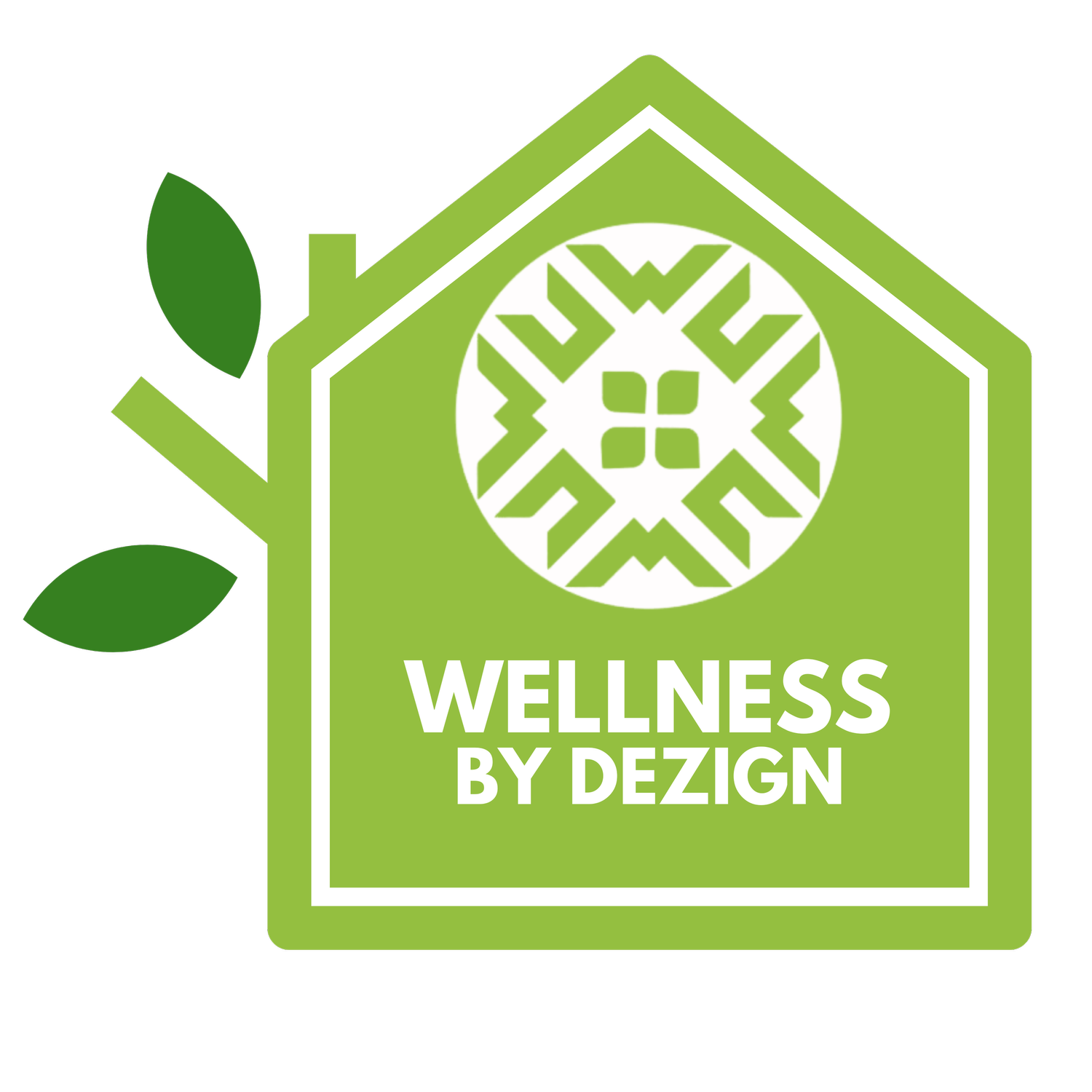Soil Health & Human Health
Soil: the good, the bad and the ugly
Soil health has a direct impact on human health and the planet
The good…
Across the world, soil provides a major source of nutrients to our food supply and acts as a natural filter to remove contaminants from our water and air. Quality, nutrient-rich soil can also reduce greenhouse gas emissions, increase drought resilience, boost crop yield, and provide pollinator habitats to thousands of species, according to the Soil Health Institute.
…the bad and the ugly…
The bad news is that most of the earth’s top soil contains heavy metals and human-made pathogens that have the potential to negatively impact human health and the environment. Quality soil is degrading at an alarming rate all over the planet due to soil erosion, loss of soil structure but mainly due to mismanaged farming. Because of intense cultivation, deforestation and overgrazing, nitrogen stores in soil has decreased 42 percent, phosphorus by 27 percent, and sulfur by 33 percent, according to the National Library of Medicine. Trace minerals in vegetable crops, including manganese, zinc, copper, and nickel, have decreased over the last several decades, while toxic minerals like aluminum, lead, and cadmium and arsenic (metalloid) have all increased.
More recent studies have found pharmaceutical drugs and ‘forever chemicals’ in our soil. Some of these water-soluble drugs and forever chemicals (PFAB) have been found in some vegetables because they can travel through the roots of plants, mainly leafy greens and carnivorous vegetables.
With the ubiquitous nature of toxic chemicals in our soil and environment it is becoming more and more difficult to find safe, nutrient-rich food.
So, what can we do?
Growing your own vegetable garden or joining a local community garden (CSA) ensures for safer, healthier food without contaminants. If you don’t have the time or the space for a garden, then buying nutrient-rich, organic food from your local area is very important. This ensures that you are eating foods that are ‘in season’ and free from contamination due to questionable handling and transportation from far away places that do not meet strict USDA Organic standards.
Easy ways to improve soil in your garden
Create raised beds for vegetables and fruits and add clean nutrient-rich soil from a reputable source.
Add high-organic carbon sources, like compost, peat, and manure from local sources.
Regularly aerate your garden and add minimally processed natural mulch like leaves and organic matter.
Irrigate with filtered water, rain water or well water, if possible - tap water may contain PFAS and defeats the purpose of improving the soil.
Consider adding live worms to help aerate and oxygenate the soil in your garden. The worm casings provide excellent sources of nitrogen, potassium and phosphorus.
Adding Earthworms to Create Healthier Soil
The following US companies will ship live earthworms directly to your door.
Uncle Jim’s Worm Farm - Pennsylvania
Warms4Earth - Florida
MidwestWorms - Missouri
EarthWorm Soil Factory - California
Work Hard Worms - Texas
Consider a Worm Farm at home!
Both Gardeners Supply (pictured left) and EarthEasy (right) sell “Worm Farm Composters” for the home.






